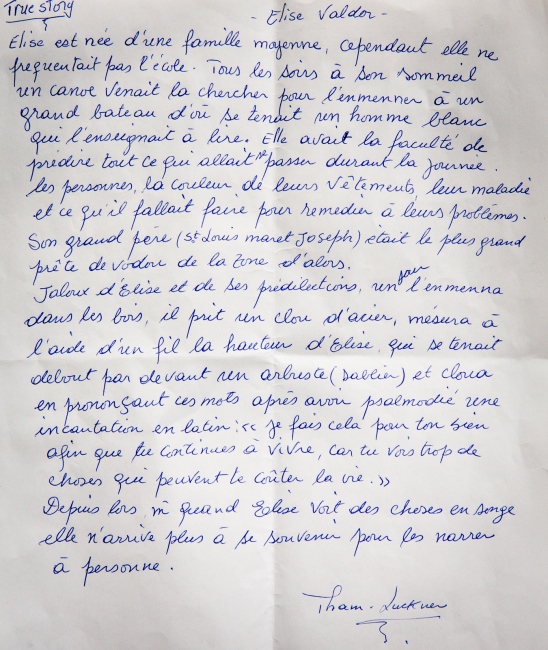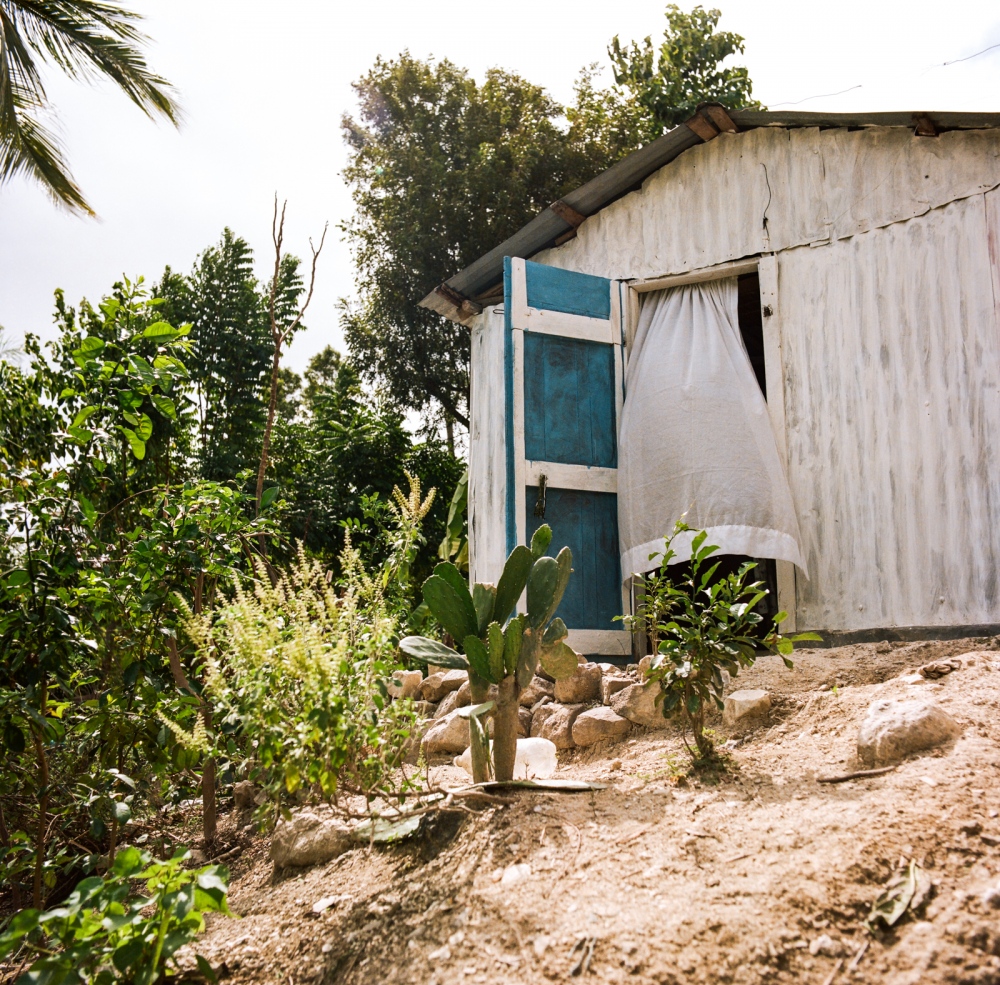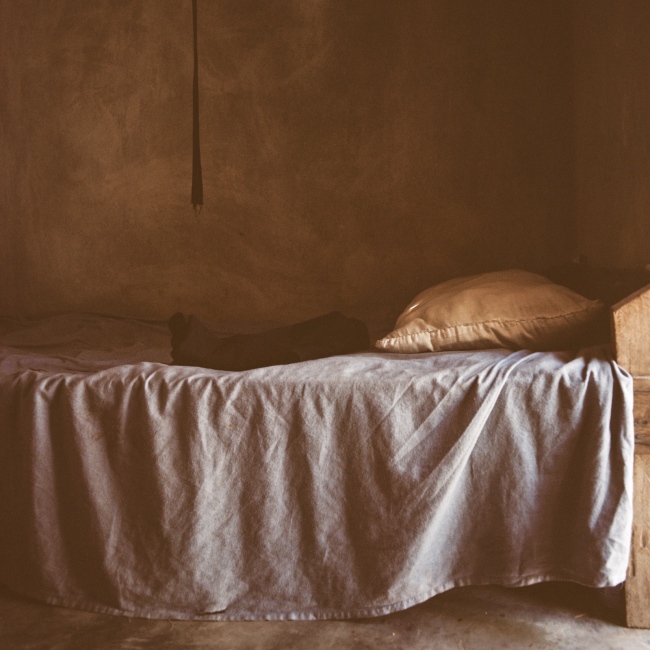Work in progress
Twa fèy, twa rasin o Three leaves, three roots
Jété bliyé, ranmasé sonjé Throw to forget, pick up to remember
Mwen genyen basen mwen I have my basin, my source
Twa fèy tonbé ladann, Three leaves fell in it
Jété bliyé, ranmasé sonjé Throw to forget, pick up to remember
Over the past twenty years, Haiti has experienced chronic political and institutional instability that does not favor its development and produces a deterioration of living conditions in general. The economic situation is deteriorating year by year, increasingly limiting the buying power of the population and even pushing a part of the population considered above the poverty line to impoverishment. In this context, for the vast majority of households, very strict budgeting of expenditure becomes necessary and certain items such as health are increasingly neglected. Households currently devote on average less than 4% of their income to their health, which is more than insignificant in view of the low level of wages. "It is virtually a luxury property, in terms of price of services, doctors' fees or the price of medicines, in the absence of any public system of medical care "(UNDP report), while factors generally unfavorable to health are multiplying and intensifying: insalubrity of the environment, lack of water, contamination of the main sources of drinking water, food insecurity, growing promiscuity in the slums in extension, to mention only those there.
Despite these realities, at the level of the Global Budget, less than 2% of the National Revenue is allocated to the health sector, whose precarious state is alarming and which in no way meets the needs of the population. The latter therefore tends to turn away from the formal health care system, especially since even when she makes the effort to go to a health center, if the medication she needs is not provided, It rarely succeeds in executing the order received, which usually only involves imported and costly synthetic remedies.
Under these conditions, in the event of illness, the population often opts for the traditional medicine to which it still confers confidence and which often succeeds in repairing it. Indeed, in this field, Haiti has still a great resource: that of an empirical medicine that is rich, diversified and accessible. Thanks to this ancestral knowledge, despite the precariousness and the rarity of the official medical structures, the population has still access to certain types of care. Studies carried out in the country have indicated the important role played by traditional medicine "which represents on a constant basis of 70% the first recourse of the population in the search for medical care". With more than limited means, certain weaknesses but an incontestable basis, this ancestral practice takes valiantly the responsibility of the majority of the population for affections as numerous as varied.





























